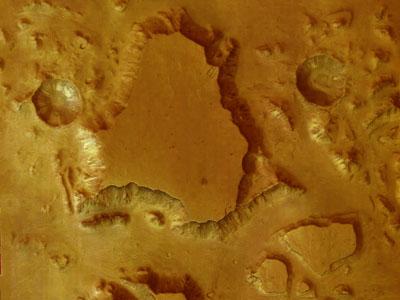I hope that last sentences was tounge-in-cheek: We should keep our water clean because it tastes better that way. Any civilization advanced enough to send an automated probe our way to get our water would neither need to nor want to do that. In fact, they would probably send us a machine to purify ours for our use as a gesture of good will. But maybe I'm being overly optimistic here. My glass is half-full.ro_star wrote:this really helps visualizing how little water there is in fact on the earth and how easy it is to pollute it all - most of it is saltwater, and billions of people have no access to fresh drinking water - so if we don't take care of the water we have, to keep it fresh and unpolluted, there is even the risk that a similar civilization with more technical knowledge may one day send an automated probe to remove the water from earth because they happen to need it since they polluted theirs; that's why we should set an example and keep it clean
The problem with Earth's fresh water supply is that it is mostly inaccessible. It just isn't available where it is needed most. If all our surface water someday instantly becomes poluted (or otherwise made non-potable), I wonder how long it would take for natural processes to fix things: What is the global rate of evaporation and condensation? (Compared to the total volume of the Earth's water?) Anyone know?



